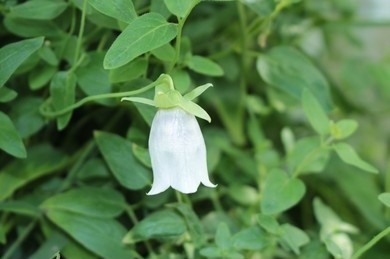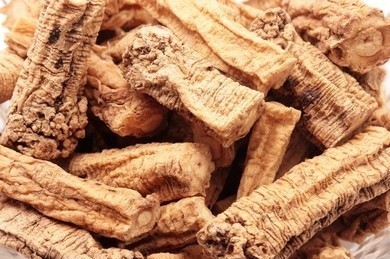Campanulaceae Plant Tissue Culture
Campanulaceae are generally perennial herbs or shrubs, and some species are small trees that grow on slopes, forest edges, grasslands, bushes, etc. in forested, semi-mountainous, and hilly areas. Campanulaceae are mainly distributed in the northern hemisphere and are widely distributed in China, Russia, Japan, and the Korean Peninsula, but there are also many species in southern Africa.
Campanulaceae plants have wild habits, are resistant to diseases and insects, and are easy to cultivate, manage, develop, and utilize. Today, the medicinal, edible, tonic, and health functions of Campanulaceae plants are widely accepted and are beginning to be planted in large quantities, with demand growing exponentially and market prospects very promising.
Tissue culture service
Under natural conditions, some medicinal plants of Campanulaceae not only have a low fruiting rate but also have dormant seeds, which brings many challenges to the breeding practice and large-scale planting and cultivation of good medicinal plants. Therefore, Lifeasible provides a complete set of tissue culture technology services for Campanulaceae plants, not only to provide the market with new varieties of vegetables with unique flavor, rich nutrition, and both dietary and medicinal uses but also to provide new experimental materials with research value for breeding departments. In particular, several medicinal plants in this family are the focus of our technical services.
- Campanumoea javanica
- Adenophora tetraphylla
- Codonopsis lanceolata
- Codonopsis pilosula
- Lobelia chinensis
- Platycodon grandiflorum
Lifeasible can obtain a large number of plants by tissue culture of leaves, stem segments, stem tips, and ovules of Campanulaceae plants as experimental materials, which can provide experimental materials for breeding and molecular biology of Campanulaceae medicinal plants.
There may be contamination, vitrification, and browning of tissue culture materials during our culture process, which affects the quality and yield of tissue culture seedlings. However, there is no need to worry about this as Lifeasible staff will prevent browning by selecting appropriate explants, culture media, and performing the continuous transfer, adding antioxidants and activated charcoal.
Applications
- Improvement of good varieties
- Preservation of high-quality germplasm
- Rapid propagation of medicinal plants
- Conducting gene transfer studies
- Enrichment of germplasm genetic resources
You want to sign a confidentiality agreement.
You have a specific plant species for your experimental needs.
You have a reliable and relevant cooperation project to discuss.
You are very interested in our project or have any questions.
You need an updated and detailed quotation.
For research or industrial use.




